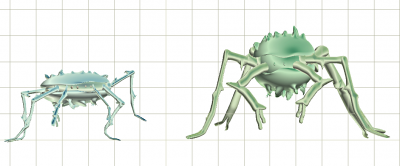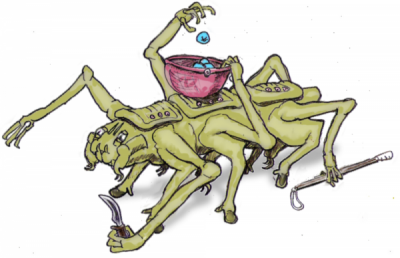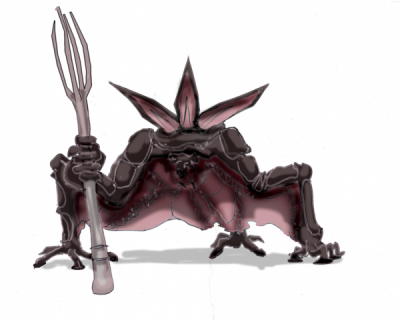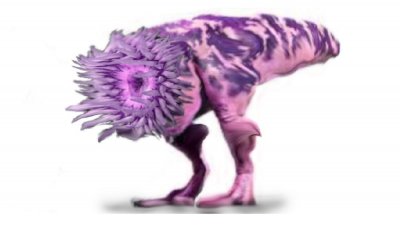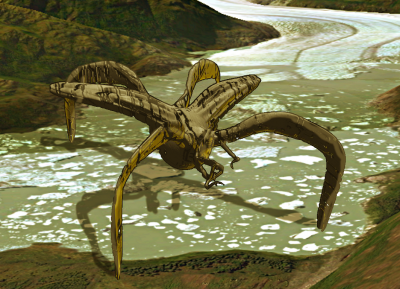I'll ignore 'invertebrates' as a classification, because it is a polyphyleticgroup, like 'worms' or 'bacteria'. The others are more closely defined, and we can make some definitive statements about them. Each of these groups you have mentioned is a tightly-defined taxon, and doesn't exist anywhere else in the universe. (note that amphibians evolved from fish, and reptiles evolved from amphibians, not the other way round).
There are
no amphibians anywhere else in the universe, unless they have been somehow transported from Earth by an unknown process. There may be creatures which have some of the characteristics of amphibians, but we would be able to find characteristics that are different from Earth amphibians, and these differences would often be quite striking.
There are
no reptiles anywhere else in the universe, unless they have been somehow transported from Earth by an unknown process. There may be creatures which have some of the characteristics of reptiles, but we would be able to find characteristics that are different from Earth reptiles, and these differences would often be quite striking.
There are
no mammals anywhere else in the universe, unless they have been somehow transported from Earth by an unknown process. There may be creatures which have some of the characteristics of mammals, but we would be able to find characteristics that are different from Earth mammals, and these differences would often be quite striking.
There are
no primates anywhere else in the universe, unless they have been somehow transported from Earth by an unknown process. There may be creatures which have some of the characteristics of primates, but we would be able to find characteristics that are different from Earth primates, and these differences would often be quite striking.
Alien taxonomy is likely to be a very complicated and interesting subject, and we might find taxons close enough to Earth taxa to call them 'reptiloids', 'mammaloids', 'primatoids' and so on; but the more specific analogs are likely to be difficult to find, and we will become increasingly aware of the differences the close a species gets to resembling a human. This 'uncanny valley' effect will probably increase the monstrous aspect of an alien that looks even vaguely similar to a humanoid; we might find it easier to accept aliens that look like trees or sea anemones than humans with mandibles and compound eyes.
View attachment 14340


